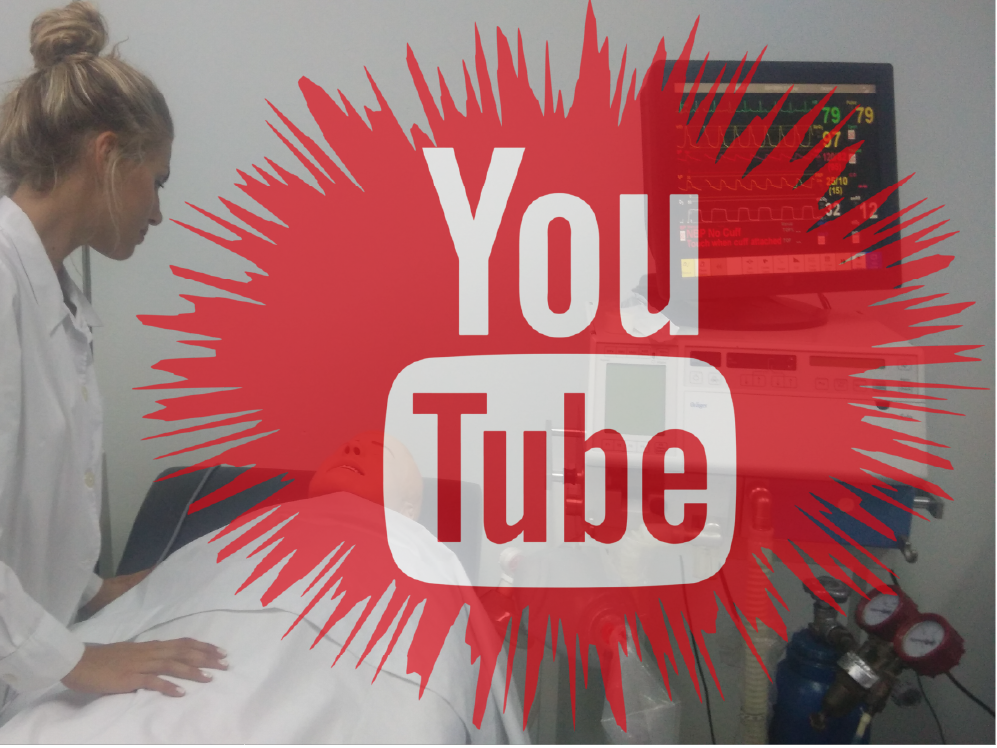Welcome
Welcome
Patient Care Simulation Lab
Welcome
Welcome
Welcome

The Patient Care Simulation Laboratory or “PROFA”, as we will call it among ourselves, is a place where we have blended education, research, high technology, realism and safety, yet remaining loyal to the purpose of its creation, which is to optimize the care of the patient. We are waiting for you to visit us in person and become a member of our team as a researcher, trainer, trainee, or just to treat you to some coffee.
Nikos Stefanopoulos
Simulation on Education
Health professionals are called daily to practice a multitude of skills in which human lives depend on. In addition, new techniques and new technologies are being constantly developed within the field of health care. Until recently, the adequacy of the staff skills mix could be determined through epidemiological studies which were time consuming and, until their completion, many patients ended up due to lack of skills. Simulation workshops using mannequins and algorithms can virtually reproduce not only human anatomy traits, but also the normal and pathological function of the human body.
Simulation is an innovative method that is increasingly being used to provide direct learning experiences in nursing education. The simulation environment immerses students in clinical situations that represent reality, followed by a trained researcher employing a reflective dialogue to help students understand their experience, acquire new knowledge, and apply this knowledge to future clinical situations.
Simulation laboratories are used in both undergraduate education and research contexts, aiming to improve patient prognosis after investigating and evaluating the adequacy of health professionals' skill mix and its impact on the patients’ outcomes.
In simulation workshops, apart from shaping cognitive skills and recalling basic principles and theories, trainees are called upon to make decisions, exercise practical skills and solve problems, in a demanding, interactive and realistic environment, in a controlled and safe way.

Welcome
The Patient Care Simulation Laboratory or “PROFA”, as we will call it among ourselves, is a place where we have blended education, research, high technology, realism and safety, yet remaining loyal to the purpose of its creation, which is to optimize the care of the patient. We are waiting for you to visit us in person and become a member of our team as a researcher, trainer, trainee, or just to treat you to some coffee.
Nikos Stefanopoulos
Simulation on Education
Health professionals are called daily to practice a multitude of skills in which human lives depend on. In addition, new techniques and new technologies are being constantly developed within the field of health care. Until recently, the adequacy of the staff skills mix could be determined through epidemiological studies which were time consuming and, until their completion, many patients ended up due to lack of skills. Simulation workshops using mannequins and algorithms can virtually reproduce not only human anatomy traits, but also the normal and pathological function of the human body.

 English (United Kingdom)
English (United Kingdom)  Greek (el-GR)
Greek (el-GR)